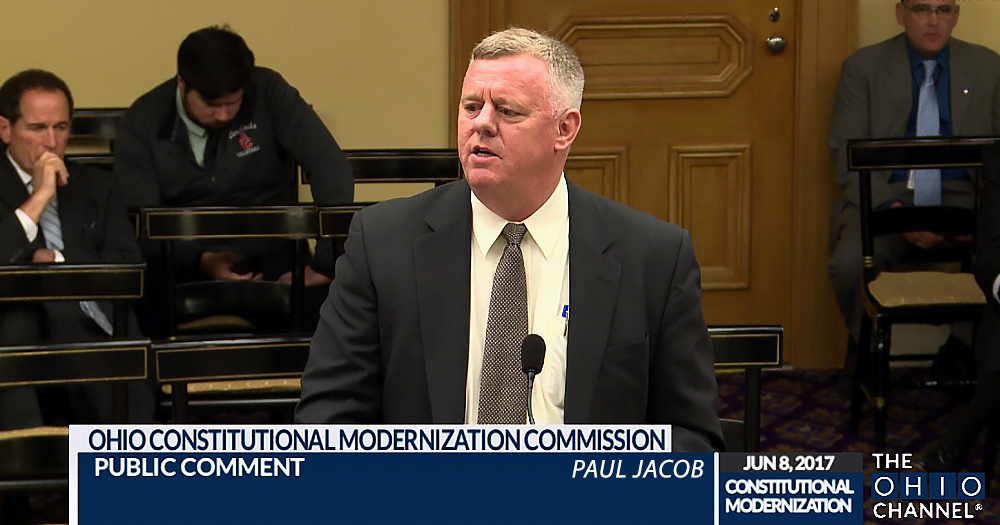We have a new president. Many people put a lot of trust in him — and many more hate him and seek to bring him down. In both cases, presidential politics takes up an inordinate portion of our brain space.
Over the weekend I twice wrote about four heroic senators, standing up to the insiders in their own party. Getting a lot of deserved attention.
But remember: the real leaders are not in Washington, D.C.
Right now, a half dozen issues are undergoing revolution. Legalized gay marriage swept through state after state; meanwhile, Democratic leaders (Clinton, Obama) lent none of their prestige to the cause.*
It was local and state activists who led. And even wide swaths of “the people” were out in front.
Not politicians.
Marijuana legalization has occurred in state after state, mostly by initiative petitioning. It wasn’t the politicians who pushed this through. It was activists.
And, again, the people.
The politicians — including, now, the new Attorney General — largely obstructed the advance of freedom on this issue.
Much the same can be said for improving police-citizen relations with mandatory cop cams and transparency protocols. In the past, much the same pattern could be seen regarding term limits and tax limitation measures. In most cases of progress, politicians have actually represented the rear guard.
Which should give us something to think about. We face a looming sovereign debt crisis, the pension system bubble, and ongoing culture wars regarding campus (and general) free speech.
If you think something should be done, minds should be changed, don’t look for a national figure. Look locally. Look to yourself. Go online.
Master the mechanisms of social change.
This is Common Sense. I’m Paul Jacob.
*That is, these politicians “became leaders” on the issue at the point the issue needed no leadership. They remained opposed to change until the last moment, when the direction was firmly set and most of the watershed marks had been made.











